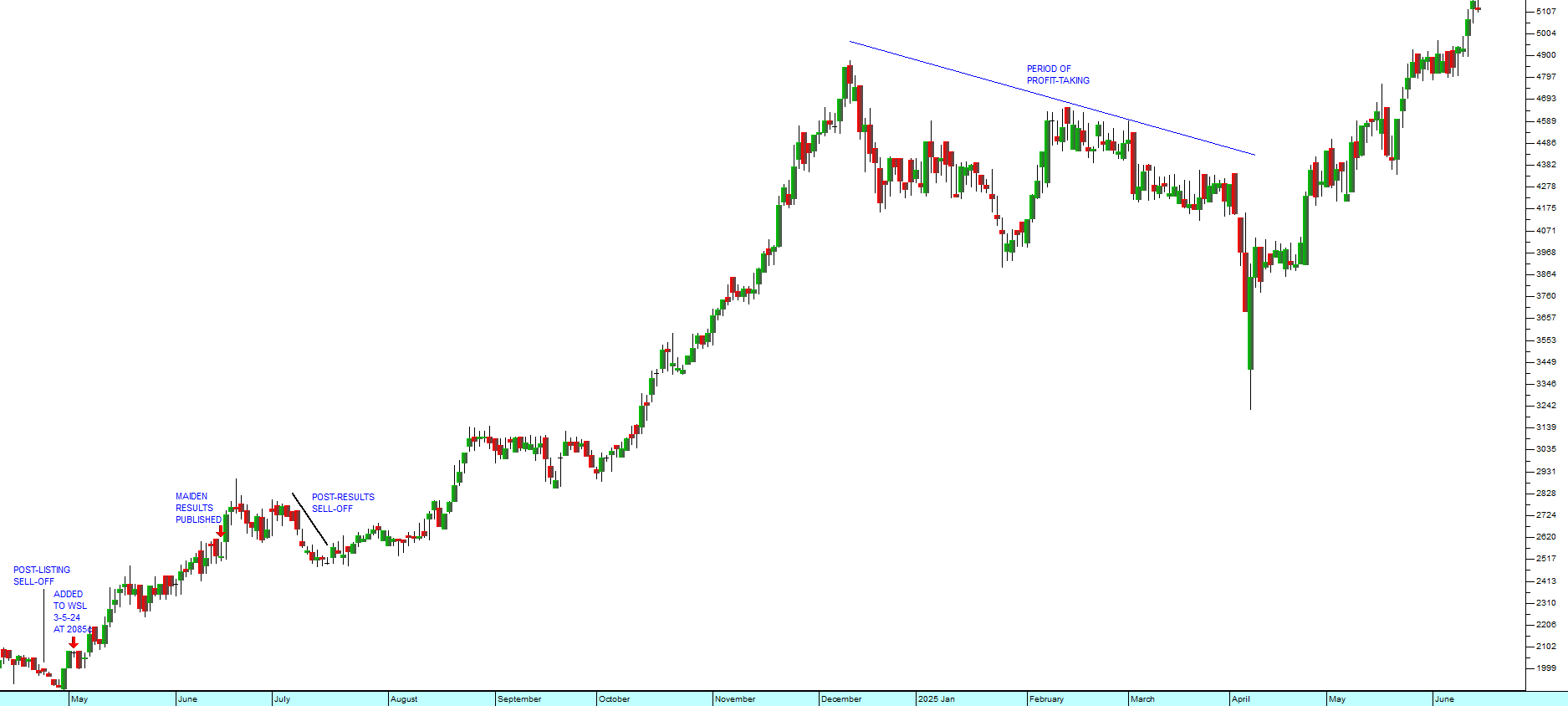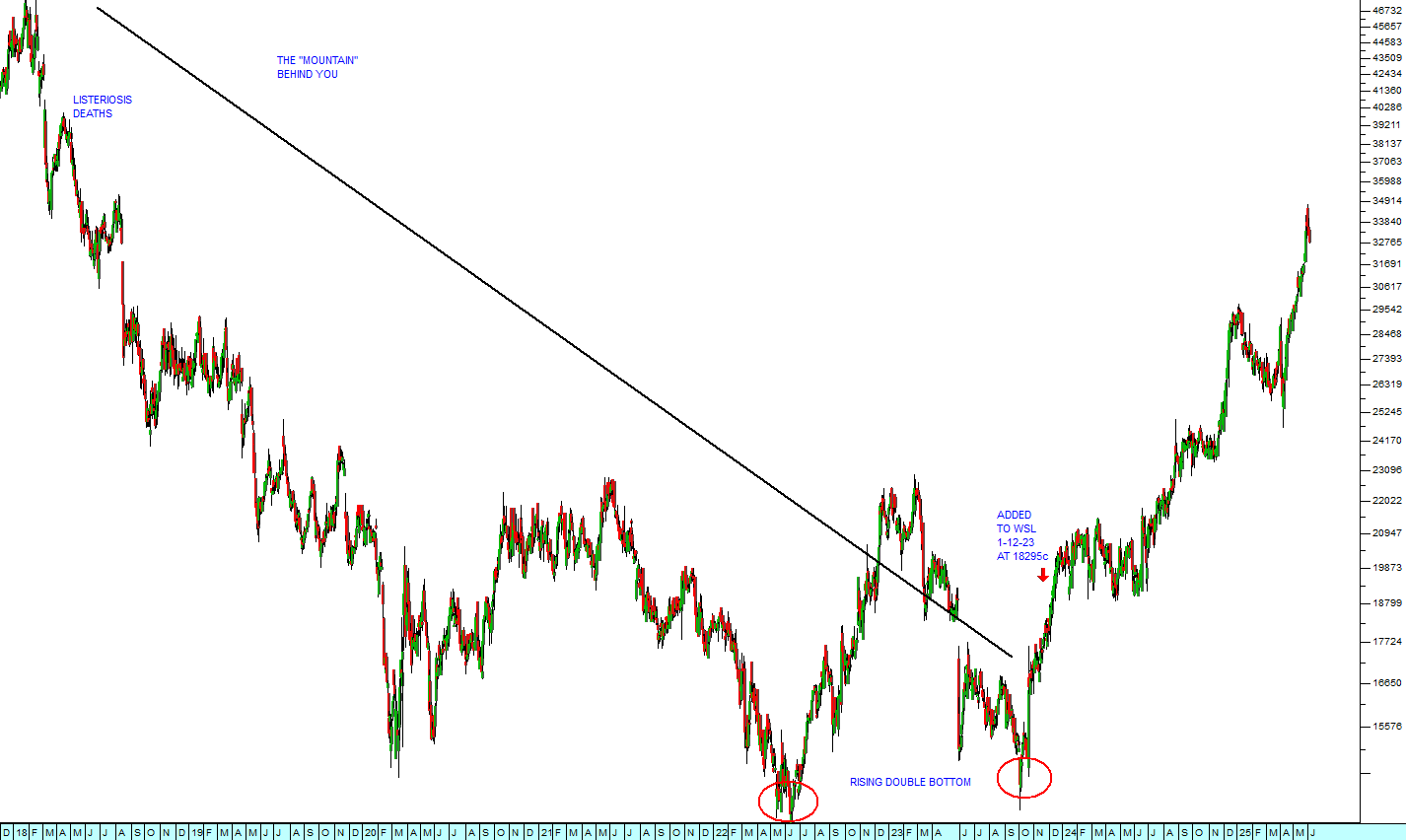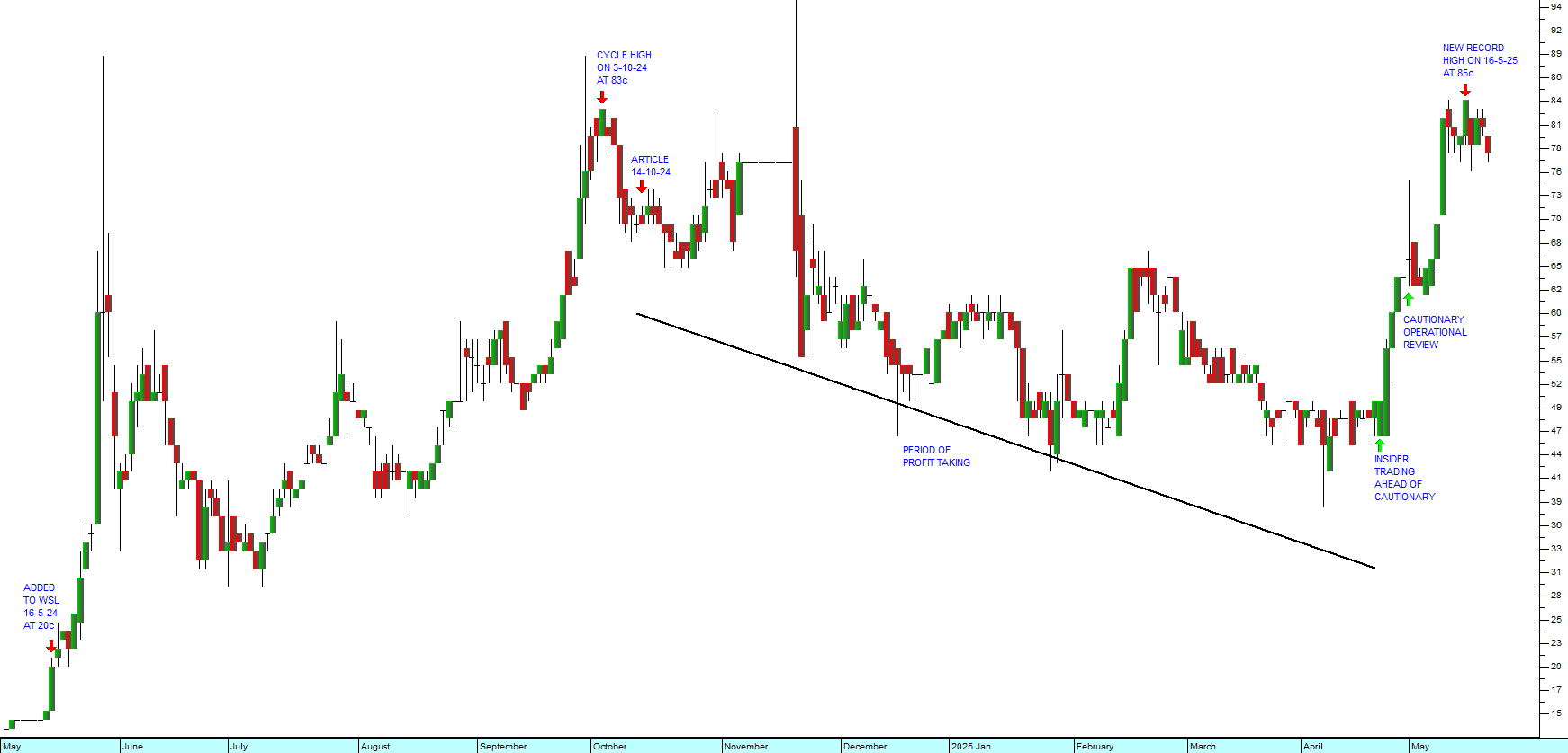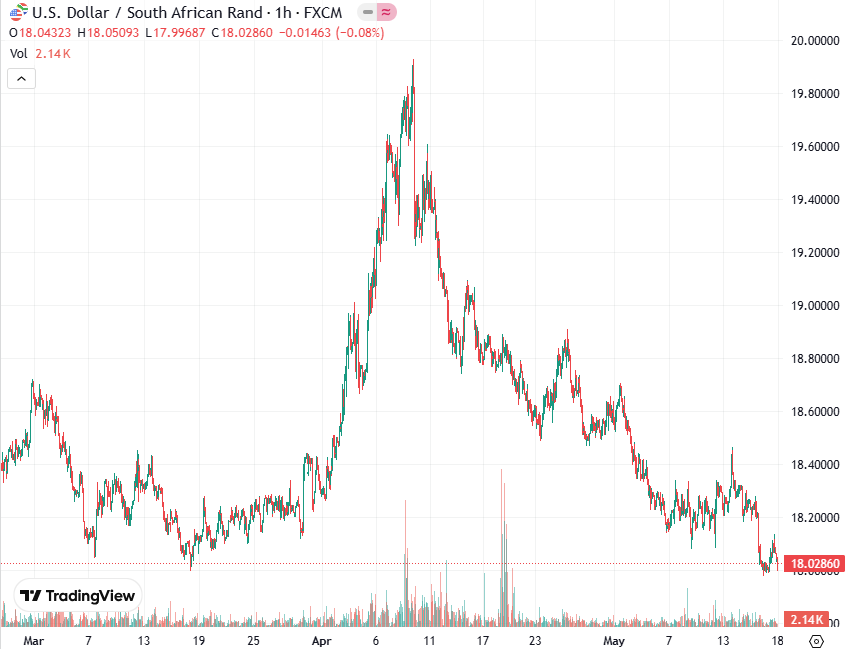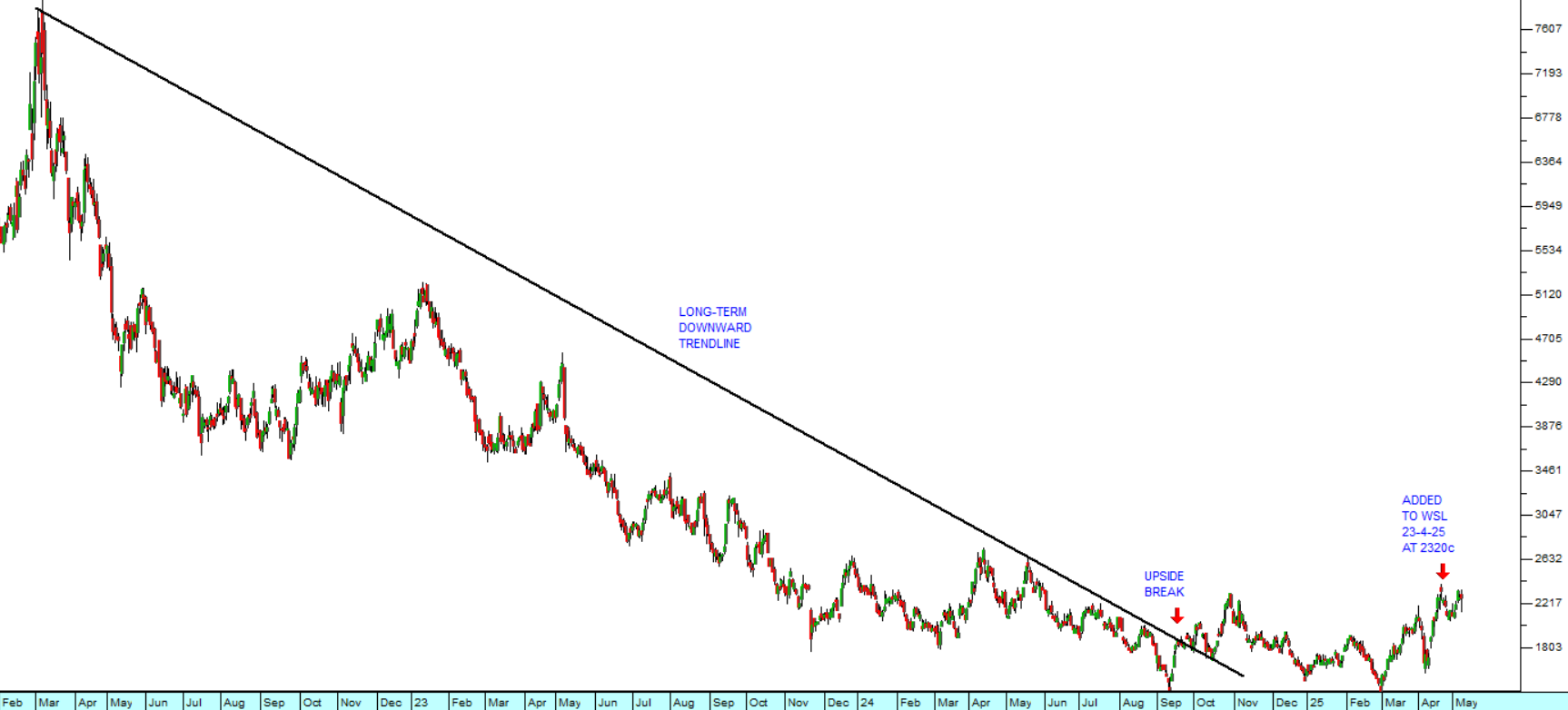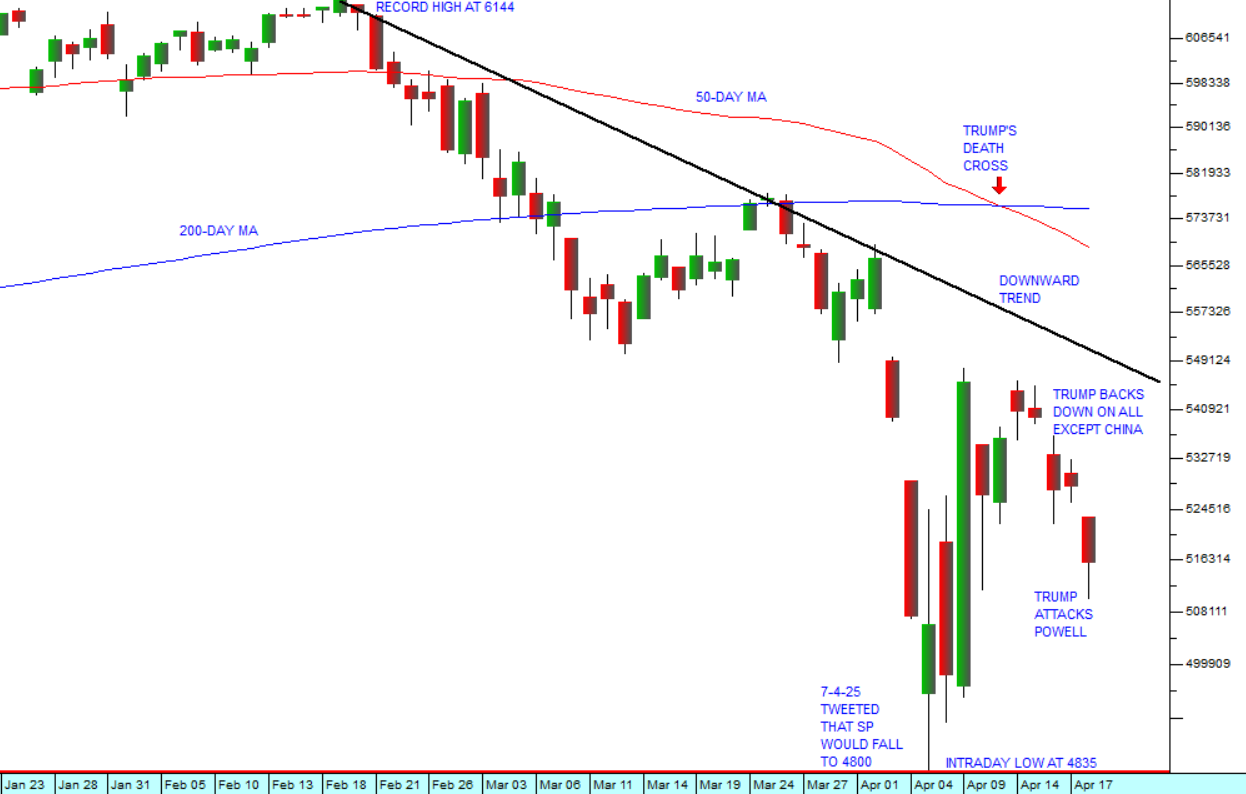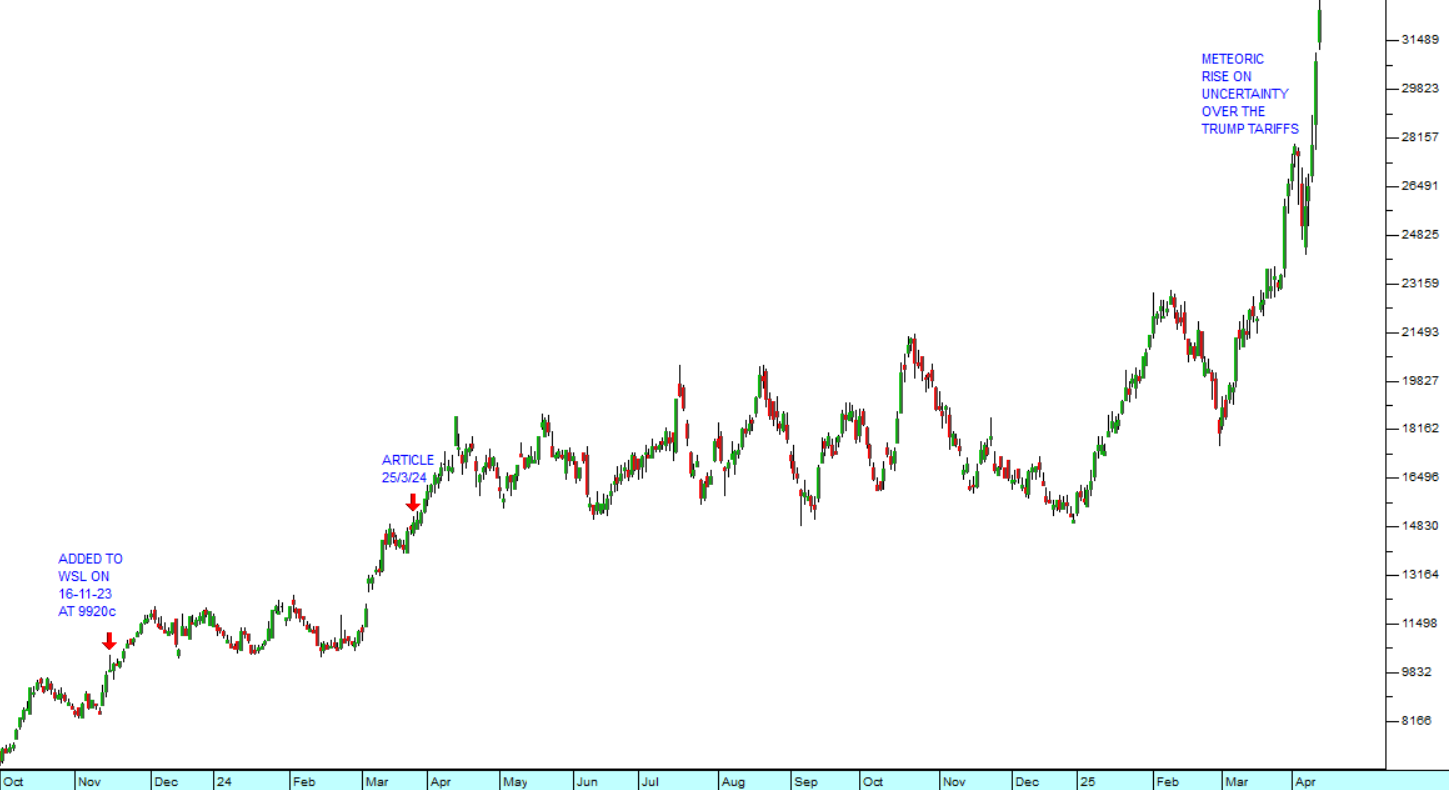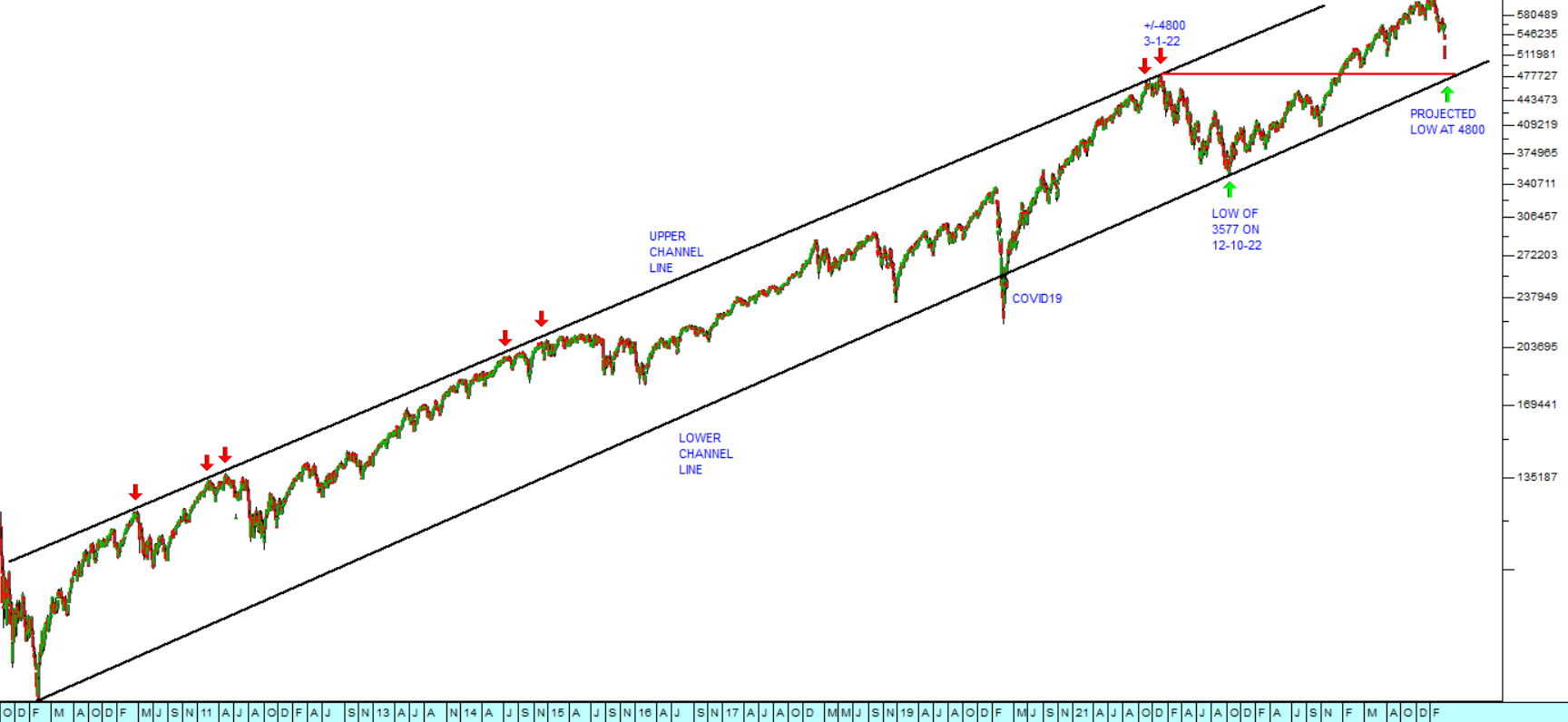The Rand
19 April 2018 By PDSNETFor any South African private investor, the strength of the rand against hard currencies like the US dollar is a critical component. Many of our major blue chip shares have significant interests overseas � and those that don�t are major exporters of raw materials in one form or another. A share like Naspers is a direct function of the price of its major subsidiary, Tencent � but the rand remains a key component of its share price moves. The same can be said for Investec or many property shares which have significant overseas holdings.
The rand, of course, reflects the perception of overseas investors about the state of our nation. Is South Africa Inc. likely to be profitable in the future? Or is it to become another African economic disaster like Zimbabwe? As their opinions fluctuate, so does the strength of the rand.
Since the advent of Ramaphosa, the �new� ANC has been making all the right moves � beginning with the replacement of the Eskom board and moving on towards the imminent re-negotiation of the third mining charter. For the most part, all these moves have seen the rand strengthen. Consider the chart:

Rand Dollar Exchange Rate January 2017 to April 2018 - Chart by ShareFriend Pro
Technically, as you can see, the rand has been in a long-term strengthening channel since Pravin Gordhan was appointed as Minister of Finance at the start of 2016. In the lead-up to the ANC�s elective conference, the rand showed some weakness, but that recovered rapidly as it became apparent that Ramaphosa was going to win. Since then, and the initial euphoria arising from this new development, the rand has entered a period of consolidation below a key support level at R12.08 to the US dollar. It has now bounced this level on four separate occasions (indicated by the red arrows on the chart). Much now depends on whether this level will hold, but the more times it is tested without a downside break, the stronger that support becomes. In our view, it is increasingly likely that the ANC, under Ramaphosa, will comfortably win the 2019 election. He has effectively cut the ground away from under the EFF by monopolising the land expropriation issue and making it an ANC position. At the same time, he is getting credit for implementing all the reforms which the DA has been pushing for. This is making the DA appear increasingly irrelevant. So (unlike his predecessor) he has shown himself to be a very astute political operator. Based on Ramaphosa�s continued political dominance, we predict that the rand will not weaken - but it also may not strengthen too much from current levels. Ramaphosa will be keenly aware of the negative impact that a strong rand is having on the mining industry and will take steps to keep that strength under control � which is easy to do by just selling rands and buying US dollars (which builds up our national reserves of hard currency). From an investment point of view then, this implies that it is not a time to be buying rand hedges � but rather local companies which will benefit from the nascent recovery of the SA economy.DISCLAIMER
All information and data contained within the PDSnet Articles is for informational purposes only. PDSnet makes no representations as to the accuracy, completeness, suitability, or validity, of any information, and shall not be liable for any errors, omissions, or any losses, injuries, or damages arising from its display or use. Information in the PDSnet Articles are based on the author’s opinion and experience and should not be considered professional financial investment advice. The ideas and strategies should never be used without first assessing your own personal and financial situation, or without consulting a financial professional. Thoughts and opinions will also change from time to time as more information is accumulated. PDSnet reserves the right to delete any comment or opinion for any reason.
Share this article:

